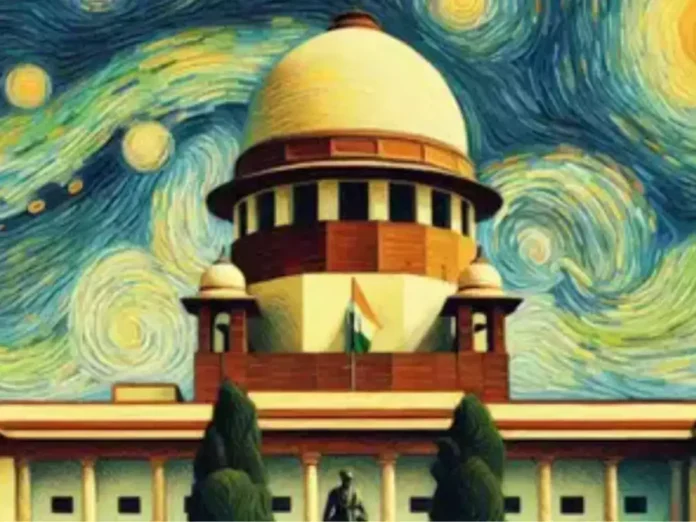Up to Rs 10,000 for each eye could be spent on a cataract surgery in a government hospital and between Rs 30,000 to Rs 1,40,000 in a private one. On Tuesday, the Supreme Court expressed strong disapproval of the disparity and the Center’s incapacity to carry out the 14-year-old Clinical Establishment (Central Government) Rules, which require the notification of a standard rate for the treatment and procedures of illnesses in metropolises, cities, and towns after consulting with the states.
Govt informed SC that despite having written to the states on this matter several times, they had not replied. The SC ruled that because citizens have a basic right to healthcare, the Center cannot avoid its obligations in this regard.
In order to guarantee notification of a standard rate within a month, it requested that the Union health secretary convene a conference of his state counterparts. “If Union govt fails to find a solution, then we will consider petitioner’s plea for implementing CGHS-prescribed standardised rates,” the Supreme Court stated.
“If states don’t fix uniform hospital charges, use central laws.”
Through attorney Danish Zubair Khan, the NGO “Veterans Forum for Transparency in Public Life” filed a PIL asking the Center to identify the rate of fee that patients must pay under Rule 9 of the Clinical Establishment (Central Govt) Rules, 2012.
According to the Rules, all clinical facilities and hospitals must “charge rates for each type of procedure and service within range of rates determined and issued by Center from time to time, in consultation with state govts,” as well as “display rates charged for each type of service provided and facilities available for benefit of patients at a conspicuous place in vernacular as well as in English language” in order to maintain their registration.
The petitioner informed a bench of Justices B R Gavai and Sandeep Mehta that the Center acted quickly to notify standardized rates for patient treatment during COVID and that it could use its legal authority to unilaterally notify fees to be charged for various procedures if states failed to collaborate in developing a range of rates for treating various illnesses.



